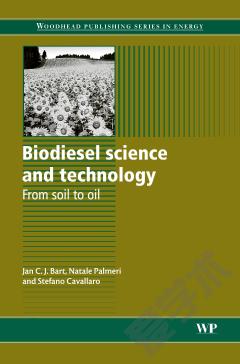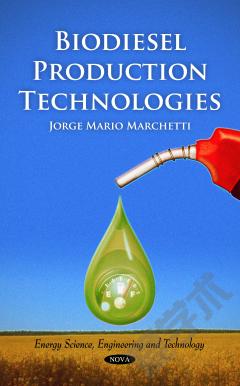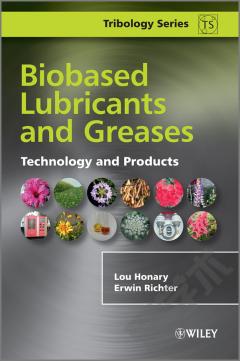Desert Olive Oil Cultivation —— Advanced Bio Technologies
----- 沙漠橄榄油栽培:先进的生物技术
Due to the adverse stress conditions typical of olive cultivation in desert conditions, the olive tree is responding with production of high levels of antioxidant substances. Among these substances are polyphenols, tocopherols, and phytosterols. Studies have shown that saline irrigated varieties of olives have demonstrated advantages over those irrigated with tap water. This is just one of the aspects of desert cultivation of olives that is covered in Desert Olive Oil Advanced Biotechnologies. Based on 20 years of research, the book expounds on the appropriate selection of olive varieties with high productivity and oil quality, the impact of foliar nutrition on decreasing alternate bearing and increasing fruit quality, improving efficiency of mechanical harvesting, and increasing efficiency of oil extraction and oil quality regulating analysis.Addresses olive cultivation methods for semi-arid environmentsFocuses on intensive cultivation using saline and municipal waste recycled irrigation water and their significant impact on the production and nutritional value of olive oilIntegrated and multidisciplinary approaches providing a comprehensive view of the desert olive industryProvides key considerations including ecological, biotechnological, agricultural and political impacts
{{comment.content}}








 京公网安备 11010802027623号
京公网安备 11010802027623号